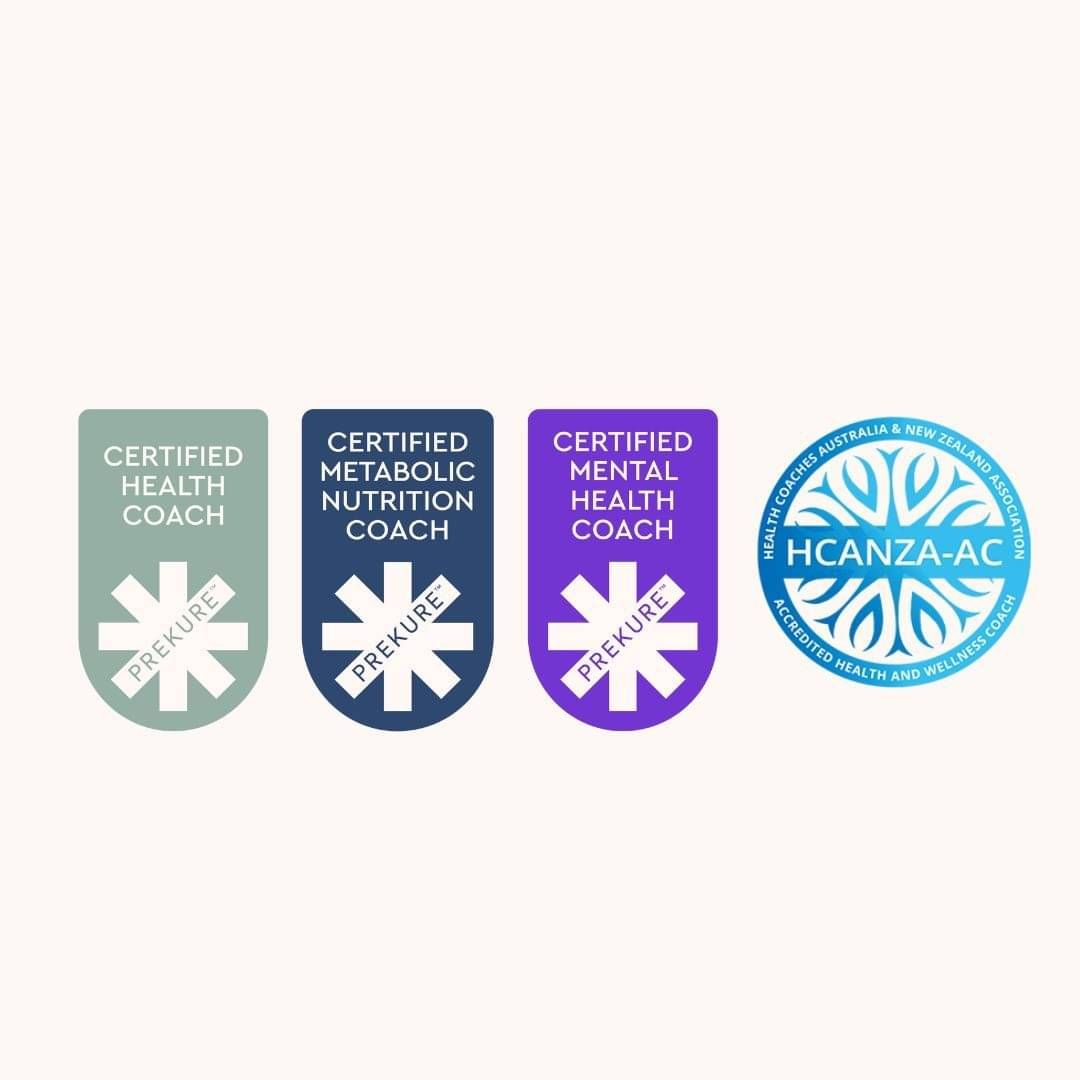Low Carb Healthy Fat (LCHF) and Hormones: A Balanced Approach to Women's Health
Navigating the complex world of nutrition can be overwhelming, especially for women seeking to balance their hormones naturally. One dietary approach gaining traction for its potential benefits is the Low Carb Healthy Fat (LCHF) diet. Unlike the more extreme ketogenic diet, LCHF offers a more moderate yet effective way to improve hormonal health by focusing on reducing processed foods and incorporating whole, nutrient-dense options. This article delves into how the LCHF diet can positively impact hormonal balance, its potential drawbacks, and practical tips for integrating it into your daily life.
Understanding the LCHF Diet
The LCHF diet emphasizes reducing carbohydrate intake while increasing healthy fats, with moderate protein consumption. The typical macronutrient breakdown for an LCHF diet is:
Carbohydrates: 20-30% of daily intake
Fats: 50-60% of daily intake
Protein: 20-25% of daily intake
This balance helps stabilize blood sugar levels, reduce insulin spikes, and promote a state of fat burning, all of which can support hormonal balance.
The Benefits of LCHF for Hormonal Balance
Improved Insulin Sensitivity
A diet high in refined carbohydrates can lead to insulin resistance, a condition where the body's cells become less responsive to insulin, leading to higher blood sugar levels. Insulin resistance is linked to various hormonal imbalances, including polycystic ovary syndrome (PCOS). The LCHF diet helps by reducing carb intake, thereby lowering insulin levels and improving sensitivity. Research has shown that reducing carb intake can significantly improve insulin sensitivity in women with PCOS and other hormonal disorders.
Reduced Inflammation
Chronic inflammation is a key contributor to hormonal imbalances, often exacerbated by diets high in processed foods and sugars. The LCHF diet, rich in anti-inflammatory fats like omega-3s from fish, nuts, and seeds, can help reduce inflammation, thus promoting healthier hormone levels.
Balanced Cortisol Levels
Cortisol, the body's stress hormone, can become dysregulated due to poor diet, leading to symptoms like weight gain, fatigue, and mood swings. The LCHF diet helps maintain stable blood sugar levels, which can prevent cortisol spikes and crashes, promoting a more balanced hormonal environment.
Support for Reproductive Health
By reducing insulin resistance and inflammation, the LCHF diet may also support reproductive health by promoting regular menstrual cycles and reducing symptoms of PMS.
Potential Drawbacks of LCHF and Considerations for Menopause
While the LCHF diet offers many benefits, it may not be suitable for everyone. Some potential drawbacks include:
Adjustment Period: Transitioning to a lower carb intake can initially cause symptoms like fatigue, irritability, and brain fog, often referred to as the "low-carb flu." These symptoms typically resolve within a few weeks as the body adapts to burning fat for fuel.
Not Ideal for High-Intensity Athletes: Women who engage in high-intensity or endurance sports may find the LCHF diet doesn't provide enough quick energy, potentially leading to decreased performance.
Concerns for Post-Menopausal Women: As women enter menopause, their hormone levels naturally decline, and their metabolism may slow down. Research suggests that post-menopausal women may need to slightly reduce fat intake while maintaining a balanced approach to carbs and protein to support weight management and overall health.
How to Incorporate LCHF into Your Daily Life
Start Slow: Begin by reducing your intake of processed foods and refined sugars. Gradually replace these with whole foods like vegetables, lean meats, and healthy fats.
Focus on Quality Fats: Incorporate healthy fats such as avocados, olive oil, nuts, seeds, and fatty fish. These fats not only support hormone production but also help you feel satiated.
Choose Whole Carbohydrates: Opt for low-glycemic, fiber-rich carbs like leafy greens, berries, and non-starchy vegetables. These foods provide essential nutrients without spiking your blood sugar.
Moderate Protein Intake: Include a variety of protein sources such as eggs, poultry, fish, and plant-based options like tofu and legumes. Protein is crucial for muscle maintenance and overall health, especially as women age.
Listen to Your Body: Monitor how your body responds to the LCHF diet. If you experience persistent fatigue or other negative symptoms, it may be worth adjusting your macronutrient ratios or consulting with a healthcare provider.
Why You Should Consider Trying LCHF
The LCHF diet offers a sustainable, balanced approach to improving hormonal health for many women. By reducing processed foods and embracing whole, nutrient-dense options, you can stabilize your blood sugar, reduce inflammation, and support overall hormonal balance. While it may require some adjustments, particularly for post-menopausal women, the potential benefits make it worth considering.
If you're struggling with hormonal imbalances or simply looking for a healthier way to eat, the LCHF diet provides a flexible and effective option. By listening to your body and making gradual changes, you can discover whether this approach works for you.
Conclusion
The Low Carb Healthy Fat diet offers a promising approach to improving hormonal balance in women, particularly those dealing with insulin resistance, inflammation, and cortisol imbalances. While it's not a one-size-fits-all solution, the LCHF diet's emphasis on whole foods and balanced nutrition can help many women achieve better health outcomes. Whether you're in your reproductive years or navigating menopause, the LCHF diet can be a valuable tool in your wellness arsenal. Give it a try and see how it can transform your health from the inside out.



